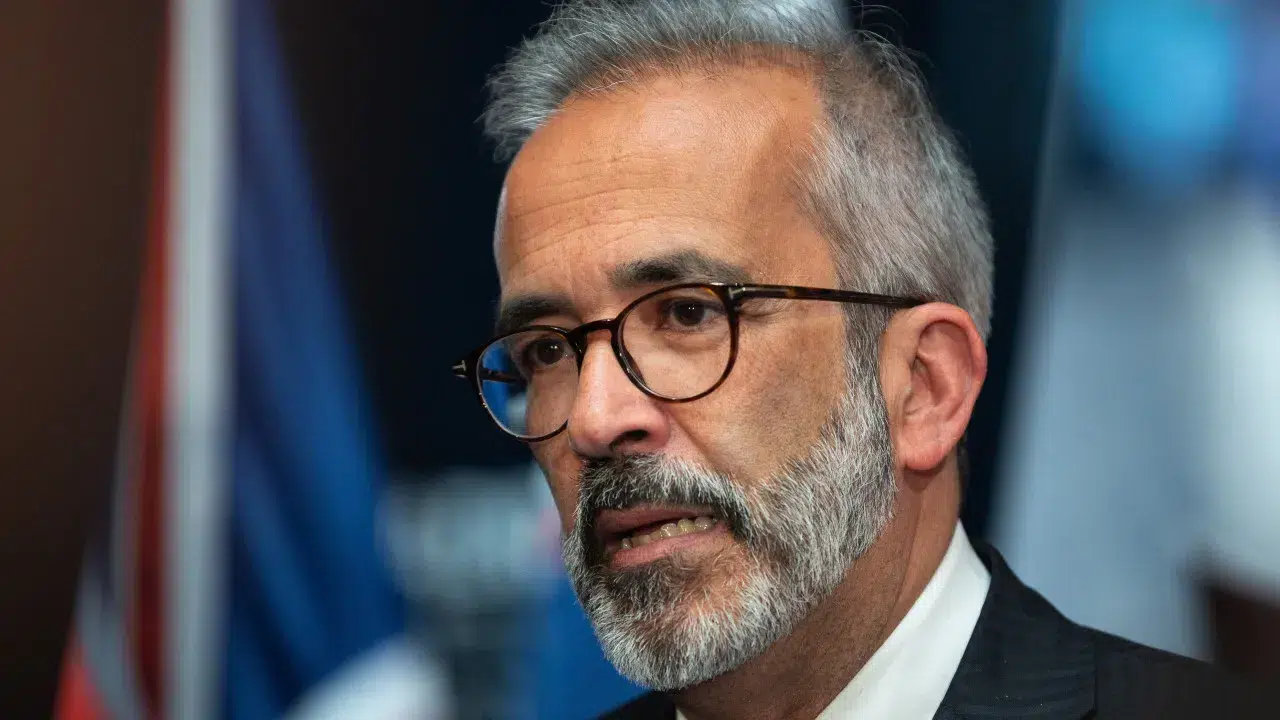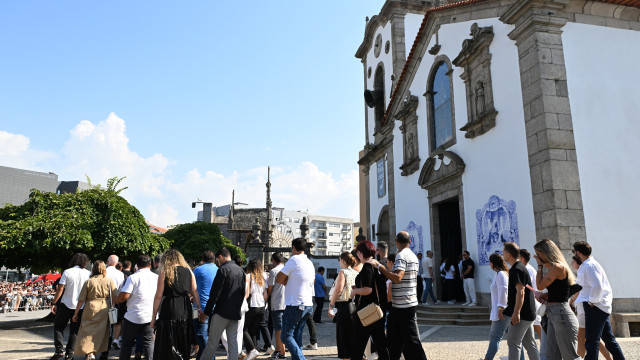
“None of us want a Russian victory in Ukraine; we all want peace. But there are differences in how we will achieve these goals in the long term,” stated Paulo Rangel during the “IX Luso-American Legislators Dialogue” meeting at the Luso-American Development Foundation (FLAD).
In his speech, the Minister of State and Foreign Affairs emphasized that “the only way” to resolve these differences is “through dialogue, first among ourselves, with Ukraine, of course, and then with Russia.”
He warned, “Reversing this order leaves issues unresolved, wounds open, and creates the conditions for a persistent conflict.”
Rangel noted that the United States (USA) “are strong enough to intervene decisively in various conflicts without involving their European allies,” as recently demonstrated in Iran, but “often have not been good at maintaining peace without involving their allies.”
The minister also addressed the trade war between the US and Europe following President Donald Trump’s decision to increase tariffs on European Union countries, a move the European Commission promised to retaliate against.
Rangel urged that trade should be “an element that unites,” arguing that “protectionism is not a recipe for prosperity.”
He cautioned, “Unfortunately, we are entering a situation where protectionism is the norm, not the exception, and it will be difficult to reduce tariffs, subsidies, and regulations. This is not good for anyone.”
For Rangel, free trade has had “some negative effects,” but “the net result is overwhelmingly positive.”
“As allies, we cannot take each other for granted and certainly cannot assume that future generations will benefit from the disruptions we cause, voluntarily or involuntarily,” he asserted.
In his address, the Portuguese minister highlighted the “enormous success” of the NATO summit held last week in The Hague, Netherlands, where it was decided to increase contributions to 5% of the Gross Domestic Product (GDP) of member states by 2035.
“We reaffirmed our mutual commitment as allies at a time when many—especially our competitors—question this commitment,” he stated.
“We are aware of the need to do more, as threats persist and even intensify. We recognize that not all allies are in the same situation, but we also understand that our strength comes from unity,” he emphasized.
The NATO decision was met with dissent from Spain, whose head of government, Pedro Sánchez, assured that defense investment would not exceed 2.1% of GDP.




